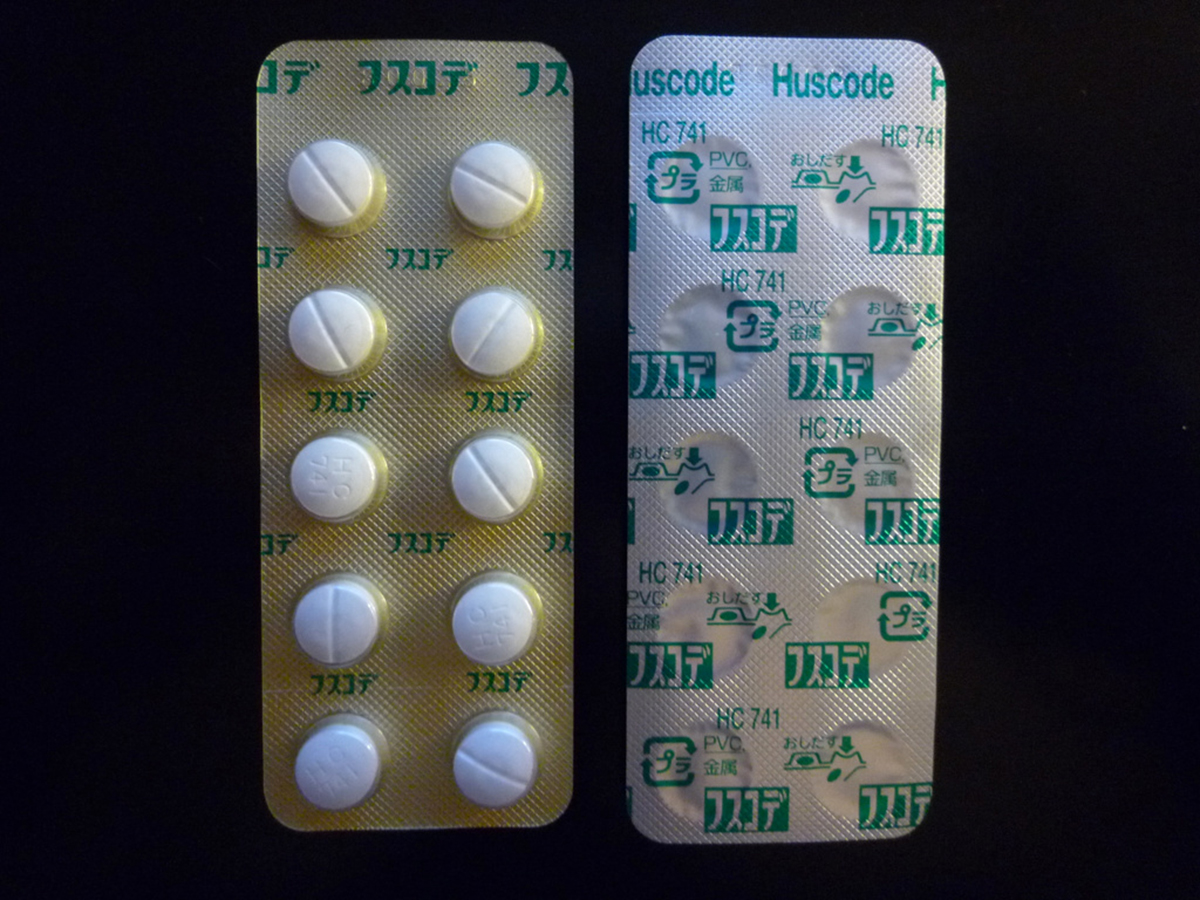
Dihydrocodeine
In the treatment of cough, nasal, and sinus congestion, the physicians usually prescribe the combination of dihydrocodeine, guaifenesin, and pseudoephedrine. Dihydrocodeine is a narcotic analgesic drug which is used to relieve pain or swelling. Dihydrocodeine’s ingredients are caffeine, Aspirin, and an opiate substance. This medicine cannot be obtained over the counter, but only with the prescription. It can be in available in liquid or tablets form.
Complications when usingdihydrocodeine
There are some conditions when the patient must carefully and properly take this drug, because in some cases, it is even recommended not to use it. These conditions are the disease of liver, kidneys and heart. Hypertension or hypotension, asthma, and breathing problems are also some of the conditions that can be worsen by the use of dihydrocodeine. Furthermore, brain tumor, epilepsy diabetes, a thyroid disorder and mental illness are some of the disorders that must be taken very seriously while taking this drug. It is important not to use it in pregnancy or if a woman tries to become pregnant, and it must be avoided if a woman breastfeeds her child. MAO inhibitors such as isocarboxazid, phenelzine, rasagiline,selegiline, or tranylcypromine must not be used a long with dihydrocodeine
Side effects of dihydrocodeine
Mostly each medicine has some side effects and dihydrocodeine is not an exception. These side effects may occur right in the beginning of the use of this drug, or later. The most frequent gastrointestinal adverse effect of this medicine are nausea, diarrhea, constipation, upset stomach, and in some cases vomiting. Rarely, abdominal pain and cramping occur. Of nervous system side effects, dizziness and lightheadedness are most usual. Moreover, involuntary shakings and tremors are also very likely to happen while using dihydrocodeine. Many persons complained of unexplained mood swings, such as sudden mood changes from happiness to anger or high irritability.
Cardiovascular adverse effects may also occur when a person takes dihydrocodeine to reduce some pain. Irregular or uneven heartbeat and racing or pounding pulse are the most frequent side effects of this kind. Since dihydrocodeine has opiate-like features, it can lead to dependency or addiction, if it is used for a long time. Other side effects include restlessness, unexplained excitation, sleeplessness, skin rash, hives, and itching, but all these side effects, except for the addiction, usually disappear when the body adjusts to the drug.
It is important to consult the doctor if some side effects appear, such as convulsions or seizures, cold or clammy skin, unusual thoughts or behavior, serious dizziness, tremors, and anxiety as well as fever, chills, easy bruising or bleeding and hypertension. It is recommended not to consume alcohol or take narcotic pain drugs, sedatives or tranquilizers while taking this drug. Unpleasant side effects can occur if a person takes some stimulant medicines, such as caffeine or diet pills, a long with dihydrocodeine.

















Your thoughts on this
Loading...